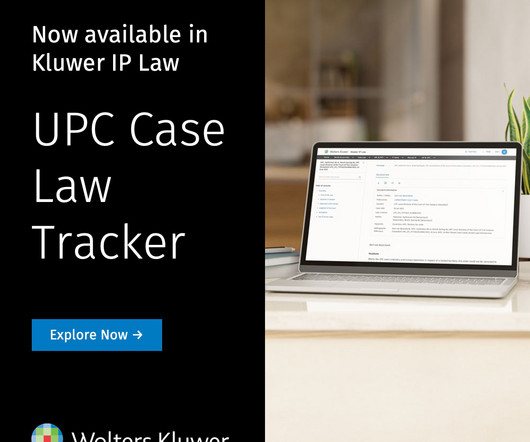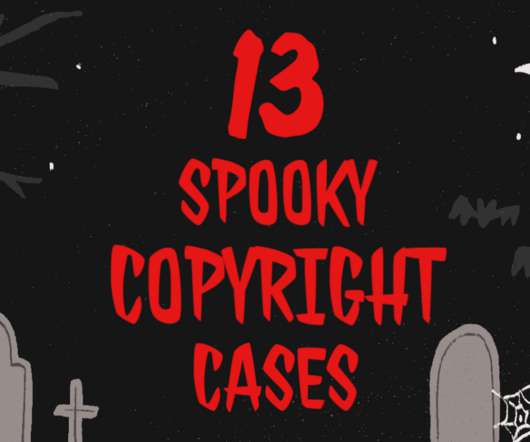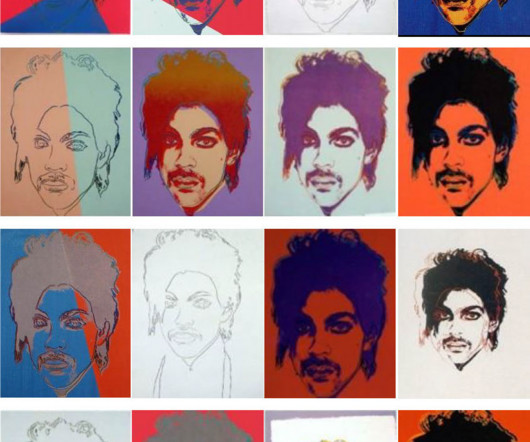Whither a Signal-Based Broadcast Treaty?
Kluwer Copyright Blog
APRIL 18, 2024
This work is licensed under a Creative Commons Attribution-NonCommercial-NoDerivatives 4.0 International License. The 2006 GA authorized negotiations for a diplomatic conference on the Broadcast Treaty only on “traditional” broadcasting and cable casting and only adopting a “signal based” approach.












Let's personalize your content